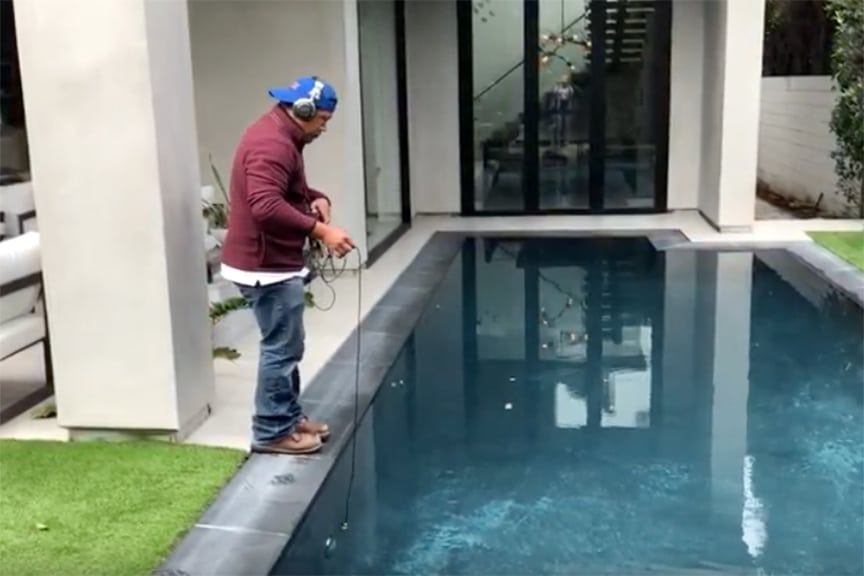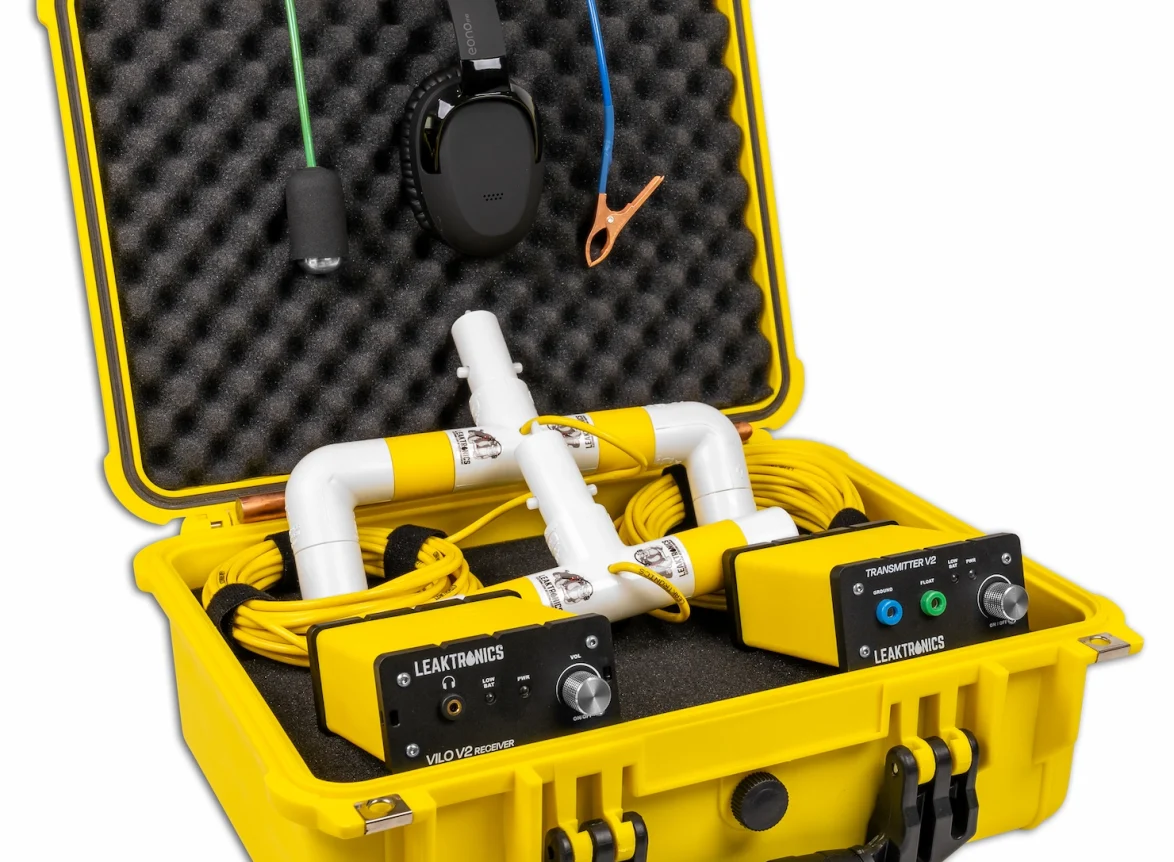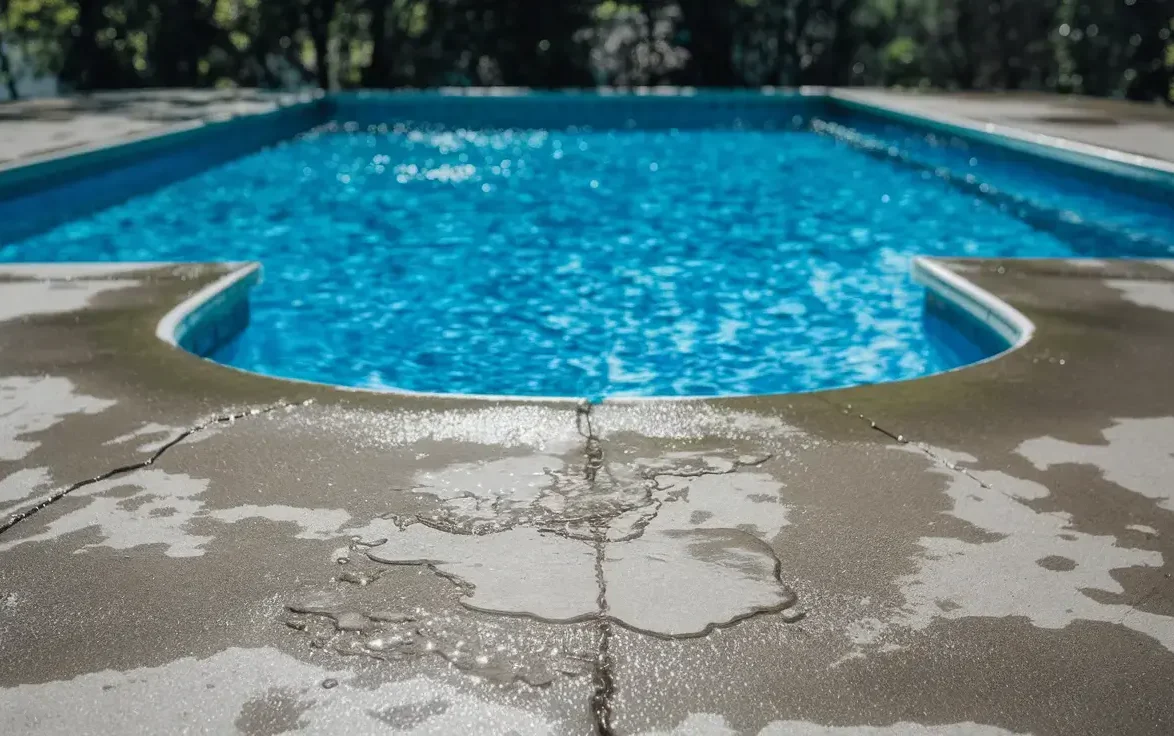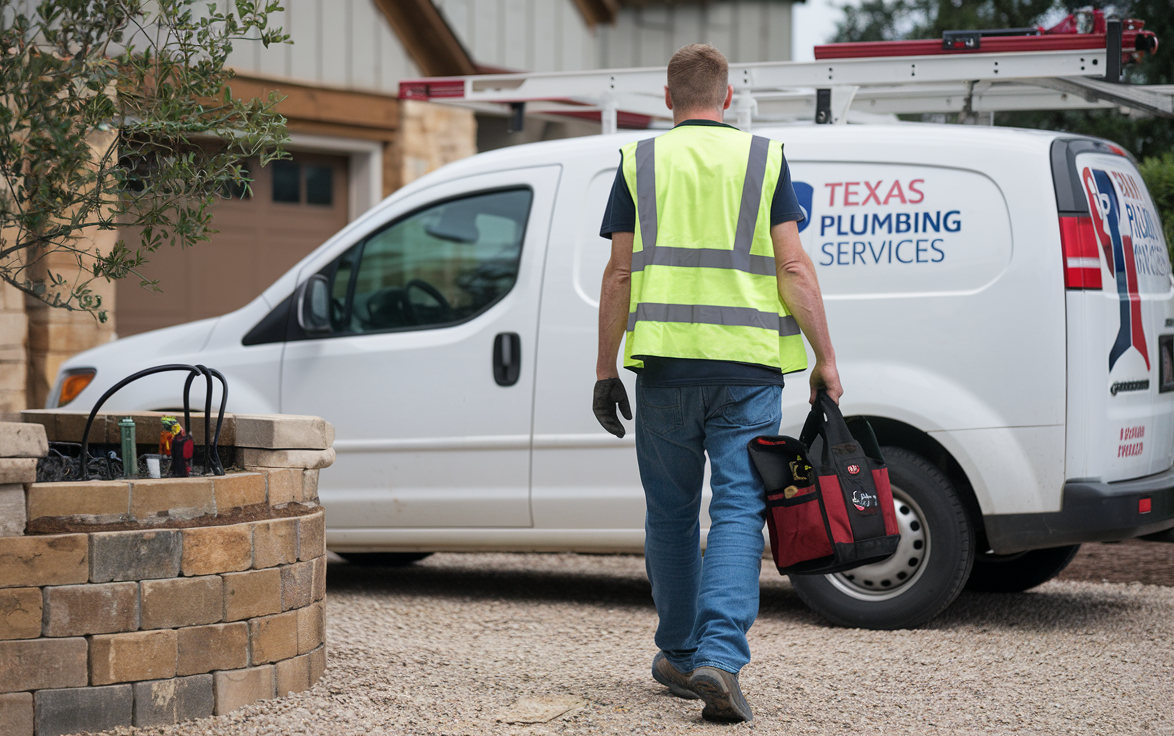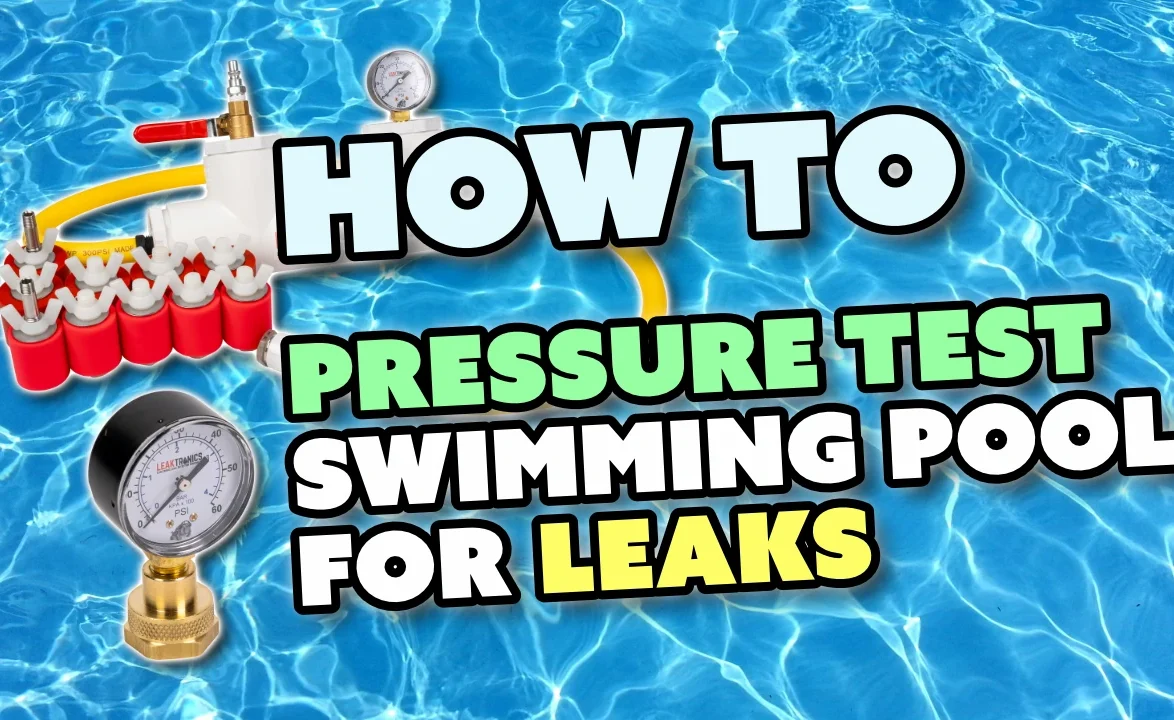How do I know if my swimming pool is leaking? Call a Leaktronics equipped professional and fix a leak today.
All structures, whether pools, spas, ponds – even bird baths are going to leak at some point in their existence. You ask, “How do I know if my pool is leaking?” Before you feel the nerve wracking fear of expenses to repair a leak, you can check the situation out, then call a professional leak detection company to find the leaks fast.
A simple leak the size of a pencil tip can result in hundreds of gallons of water lost per day. In addition to the replacement cost of the water, leaks in your pool will increase chemical demands and when untreated, will ultimately lead to more serious structural and even mechanical problems.
The most common indication a swimming pool is leaking is that the water level is dropping faster than what is normally attributable to evaporation or splash-out. Often leaks are big enough that excess water loss is obvious. If you wake-up to find that your pool has dropped several inches overnight you know you’ve got a problem. The bigger challenges are the smaller, yet just as serious, leaks that may develop slowly. In these cases it is important to determine what is “normal water loss”, and thus avoid wasting time looking for and worrying about a leak that really isn’t there. An easy way to do this is to mark the grout between 2 tiles with a pencil, or use a piece of tape to mark where the water line is when the pool is filled. If overnight it drops 2 inches – you’ve got a leak.
If you have an automatic fill device on your pool, a dropping water level may not be as noticeable. However, higher water bills may be the first indication of a leak problem. You may also notice an increase in the chemicals required to maintain proper balance, or that there is excess algae growth because the new water that’s being put into the pool is untreated. Other pool leak symptoms may be actual evidence of the water that has escaped from your pool. Wet, mushy, or unusually “healthy” spots in the lawn might be a sign of an underground plumbing leak. Structural damage, cracks, and settling to the deck or pool also tend to indicate that there is a sub-surface leak. If left un-repaired, these problems can quickly become more serious.
A pool leak in the suction side plumbing (from skimmers and main drains to equipment) may pull air into the plumbing lines that will show up in the pump or be blown back into the pool through the returns. Air leaks like this are equally as damaging to your pool even though you may never notice symptoms of water loss. Evidence of air in the system can also be caused by a blockage or obstruction in the suction lines. Either situation will require professional attention to avoid causing mechanical damage to your pool equipment.
Once you know you have a pool leak it’s time for action. The longer a leaking pipe, liner or pool shell is left un-repaired the more costly the eventual fix will be. It is recommended that an experienced leak detection professional using LeakTronics non-invasive equipment performs a proper leak detection to identify any and all leaks in the pool and plumbing lines.
LeakTronics users follow a systematic approach when locating your swimming pool is leaking. They begin the process by identifying the suspect areas of leaks. This includes all protrusions, returns, drain covers, skimmers, etc. They will take note of structural cracking, previous repairs and noticeable areas where leaks may present themselves at equipment or in the lawn.
Before your leak detection professional arrives, be prepared to share some information about the pool. Tell them how much water loss you’ve experienced. Let them know how old the pool is, or how long you’ve owned the property and any known repairs that have been previously made to the pool, or the area around the pool. The technician will still walk the entire property to inspect for leaking, but helping them with some general information is good. it’s also important to have the pool filled and the water clear enough to see the main drain cover at the bottom of the pool. The technician will need water clear to see if there is any structural cracking, or if plastic pieces like return fittings show signs of damage.
A technician using LeakTronics swimming pool leak detection equipment will typically not need to dive into your pool to find leaks. Using the our Pool Scope and Pipe Mic Hydrophones, they are able to accurately identify the precise area where leaks occur from outside of the pool. With their sub-surface listening equipment, the Deck Plate and Soil Probe, they are able to listen for leaks in pipes and plumbing and find the leak underground with precision. This will reduce digging and breaking of concrete to make repairs. If a technician shows up with hoaxy products like an Anderson Leakalyzer to try and measure how much water your pool is losing, call someone else. You already know your pool is leaking, that’s why you called for a leak detection. They’re wasting your time and will most likely charge you for that time wasted.
Always ask your technician questions on the phone to get the information you need to be comfortable with their service. Ask if they use Hydrophones. If they have to dive into your pool in a wetsuit, you have better options for a professional service. Check out the technicians website and see that they have a posted contractor license number and make sure they answer the phone when you call. These are the signs of a professional company you can put faith in, and when they use LeakTronics leak detection equipment, you are guaranteed they have the best potential for finding even the smallest leaks in your pool or spa.
Use LeakTronics FIND A PRO map to find a professional who can get the job done fast and accurately today.

